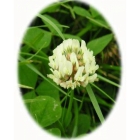 | ||
Perfect for pollinators Wild White Clover -trifolium repens – grows best in well-drained grassland and is suited to poor soils on sites in sunlight or semi-shade. In the wild, plants occur on roadsides and in old meadows. It is increasingly common to find agriculture varieties of this plant growing in the wild, which are larger and grow more vigorously. The true wild white clover is far more attractive and normally has smaller flowers. Plants offer a plentiful supply of nectar for bees and in the wild, White Clover can attract the Common Blue as a breeding butterfly, which will sometimes lay its eggs on the plant. White Clover is a low growing species with a creamy white flowers often tinged with pink, that appear from April to October. It looks best growing with other wild flowers that bloom in mid-summer such as Oxeye daisies, Bird’s foot trefoil, Red Clover and Field Scabious. How to grow Wild White Clover Seeds White Clover seeds should be sown in spring or autumn, either outside, where they are to flower, or in seed trays and covered lightly with compost. The seedlings, which are quick to develop, can be pricked out and grown on, for planting out later in the year. RHS Perfect for Pollinators. The RHS Perfect for Pollinators mark is only given to plants that support pollinating insects in gardens. Bees, butterflies, moths, hoverflies and many others visit flowers to feed on nectar and pollen; while doing so they transfer pollen and increase seed set and fruit development. Find out more at: rhs.org.uk/plants To discover more plants for Bees, simply enter the word "pollinators" into the search box above. To buy White Clover seeds To purchase White Clover seeds, please select a quantity above and click add to cart. To ensure the best chance of success, we sell all of our wildflower seeds by weight, which ensures each wildflower seed packet contains a good quantity of seeds. The recommended sowing rate is 1 gram per square metre, and the number Wild White Clover seeds per gram is approx. 1200. All of our Wildflower seed packets contain seeds of Native British provenance. Summary type - perennial, colour - White or Cream, height - 0 to 25cms, flowering months - April, May, June, July, August, September, October, habitat - Moist Grassland (Clay, Loams), Dry Grassland (clay, loam), Attracts Bees Caterpillar Food Plant | ||
Printed 02/01/2025 23:08:11
st131_1 type perennial colour white or cream height 0 to 25cms flowers april may june july august september october habitat moist grassland clay loams dry grassland clay loam caterpillar food plant rhs perfect for pollinators pollinating insects bees butterflies moths hoverflies
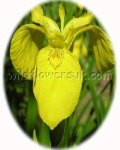
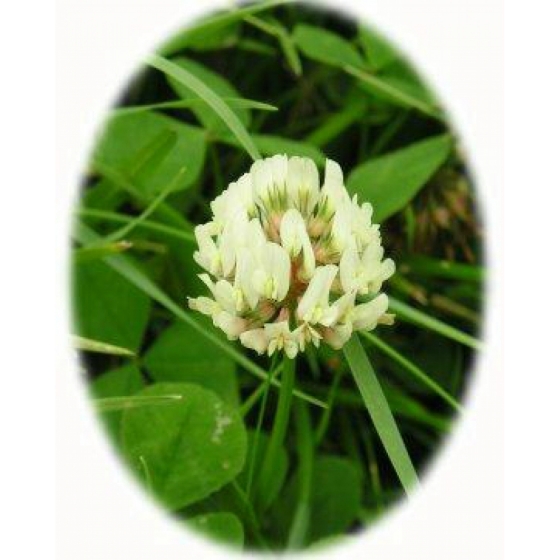
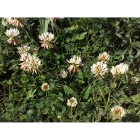
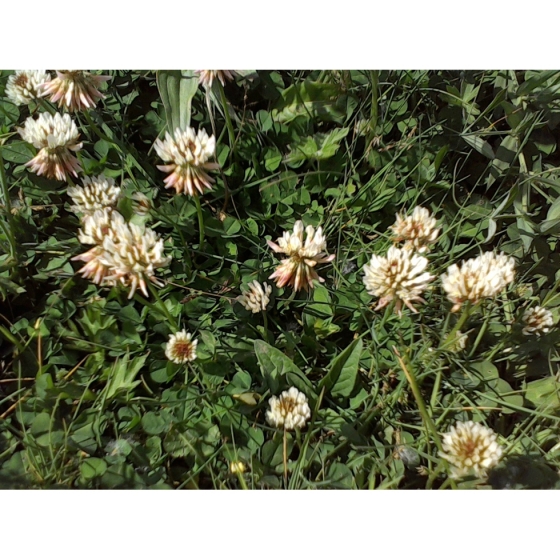



 added to basket
added to basket